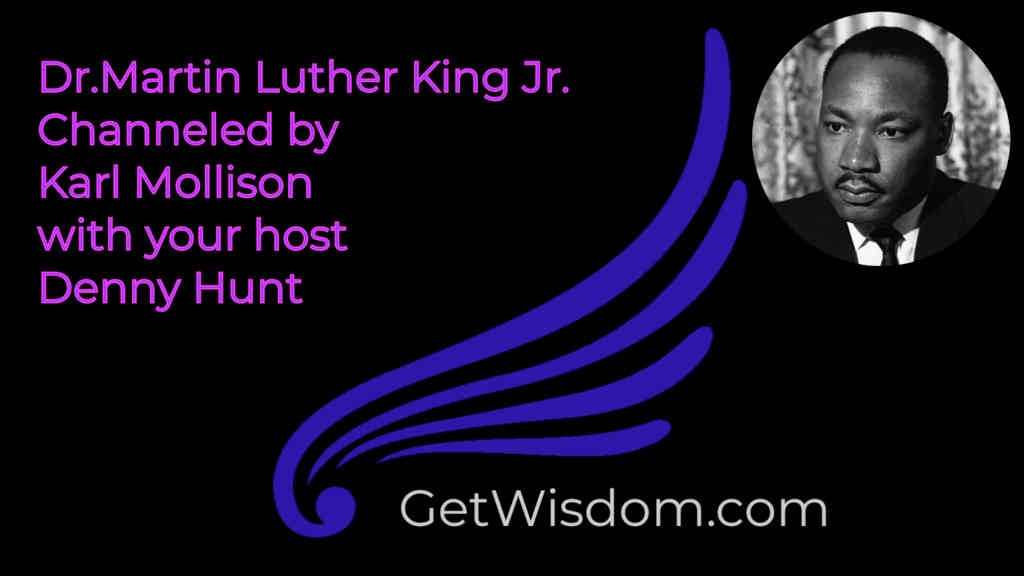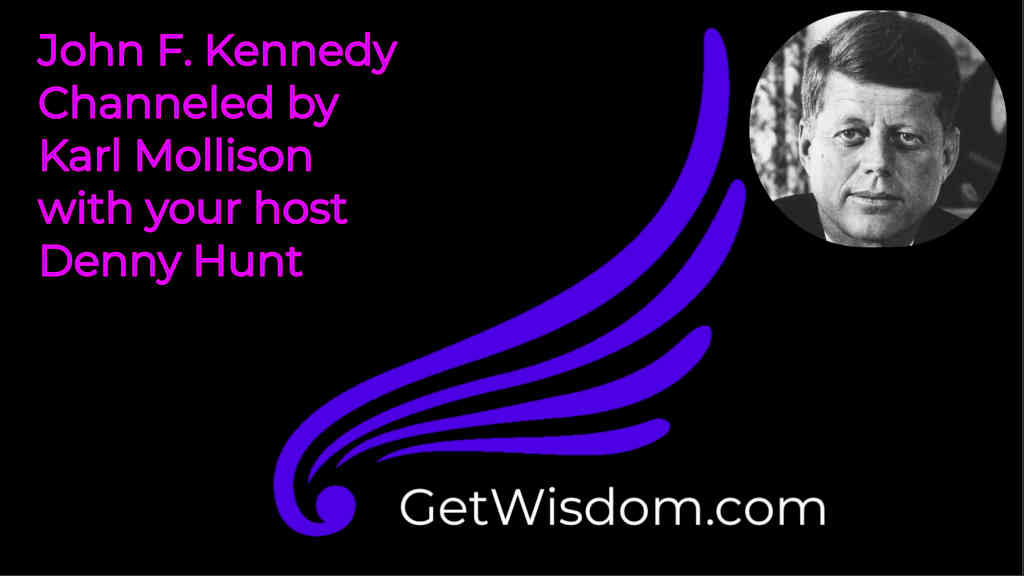
Dr. Martin Luther King Jr. Channeled by Karl Mollison 10April2018
From https://en.wikipedia.org/wiki/Martin_Luther_King_Jr.
Martin Luther King Jr. (January 15, 1929 – April 4, 1968) was an American Baptist minister and activist who became the most visible spokesperson and leader in the civil rights movement from 1954 until his death in 1968. He is best known for advancing civil rights through nonviolence and civil disobedience, tactics his Christian beliefs and the nonviolent activism of Mahatma Gandhi helped inspire.
King led the 1955 Montgomery bus boycott and in 1957 became the first president of the Southern Christian Leadership Conference (SCLC). With the SCLC, he led an unsuccessful 1962 struggle against segregation in Albany, Georgia, and helped organize the nonviolent 1963 protests in Birmingham, Alabama. He also helped organize the 1963 March on Washington, where he delivered his famous “I Have a Dream” speech.
On October 14, 1964, King won the Nobel Peace Prize for combating racial inequality through nonviolent resistance. In 1965, he helped organize the Selma to Montgomery marches. The following year, he and the SCLC took the movement north to Chicago to work on segregated housing. In his final years, he expanded his focus to include opposition towards poverty and the Vietnam War. He alienated many of his liberal allies with a 1967 speech titled “Beyond Vietnam”. J. Edgar Hoover considered him a radical and made him an object of the FBI’s COINTELPRO from 1963 on.
In 1968, King was planning a national occupation of Washington, D.C., to be called the Poor People’s Campaign, when he was [allegedly] assassinated by James Earl Ray on April 4 in Memphis, Tennessee; riots followed in many U.S. cities. He was posthumously awarded the Presidential Medal of Freedom and the Congressional Gold Medal. Martin Luther King Jr. Day was established as a holiday in numerous cities and states beginning in 1971, and as a U.S. federal holiday in 1986. Hundreds of streets in the U.S. have been renamed in his honor, and a county in Washington State was also rededicated for him. The Martin Luther King Jr. Memorial on the National Mall in Washington, D.C., was dedicated in 2011.
Questions for Light Being Martin Luther King Jr. 10April2018
1) What parallels and lessons from Ghandi’s and your own struggles can be used for the current situation between humans and the ET Alliance?
2) Now you that have a Light Being’s perspective what improvements to the non-violent movement for social change would be recommended?
3) Dr. William Pepper’s latest book about your death and Dr. Bland correct? Is that book a reliable account of what happened?
4) The motivation for your murder is explained by some as a matter of money and the greed of those who run the military industrial complex, would you agree with that now?
5) What kinds of Divine intervention did you notice during your incarnation and what kinds of Divine intervention could we expect to see as things develop for humanity over the next ten years?
6) Why are we being warned of only having a 10 year window of opportunity to save humanity? In what way will the free will of humans be impaired by the time we see the year 2027?
7) How is the doctrine of non-violence applicable with respect to the situation on Earth now?

